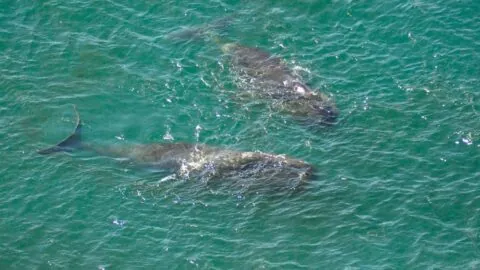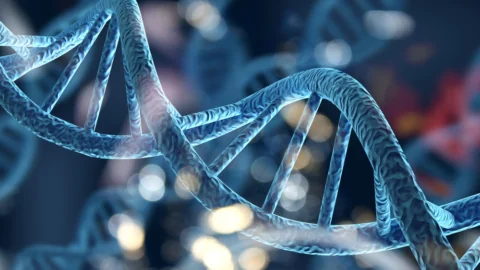May 28, 2025
A recent study investigated differences in maximum lifespan potential among different mammalian species. The researchers found associations between gene family size expansion, maximum lifespan potential, and relative brain size. They also studied genomic features linked to lifespan evolution [1]. Maximum lifespan potential Maximum lifespan potential can be defined as "the age at death (longevity) of...
January 21, 2025
A new paper published in Nature Aging suggests that somatic mutations cause significant remodeling of the epigenetic landscape. The findings might be relevant to future anti-aging interventions [1]. The genome and the epigenome Genomic instability and epigenetic alterations are two of the hallmarks of aging [2]. The former occurs in somatic cells due to replication...
July 09, 2024
A new study describes a method of genetically modifying a fraction of tumor cells, programming them to self-destruct and take therapy-resistant cells with them [1]. Resisting the resistance Advanced solid tumors remain the main challenge for modern oncology. It’s hard to deliver a therapy to all of the cells in a tumor, and then the...
January 02, 2024
Scientists might have found support for the antagonistic pleiotropy theory of aging, which suggests that evolution selects some genetic traits that are associated with shorter lifespans because they also help us reproduce [1]. Evolution needs you to reproduce, not live long Shouldn’t evolution favor longer lifespans, so that animals have more time to procreate? To...
July 31, 2023
A paper published today in Nature Metabolism has described a method of genetically engineering cells to respond to electrical stimuli, allowing for on-demand gene expression. Finding a better trigger Despite its futuristic outlook, this line of research is built upon previous work. The idea of an implantable gene switch to command cells in order to...
July 19, 2023
Researchers have analyzed the activity of genes in the livers, kidneys, and brains of over a hundred mammals and found genes that are consistently associated with longevity [1]. The search for longevity-associated genes Between the shortest-living and the longest-living mammal, there is a more than 100-fold difference in lifespan. This natural difference may be key...








